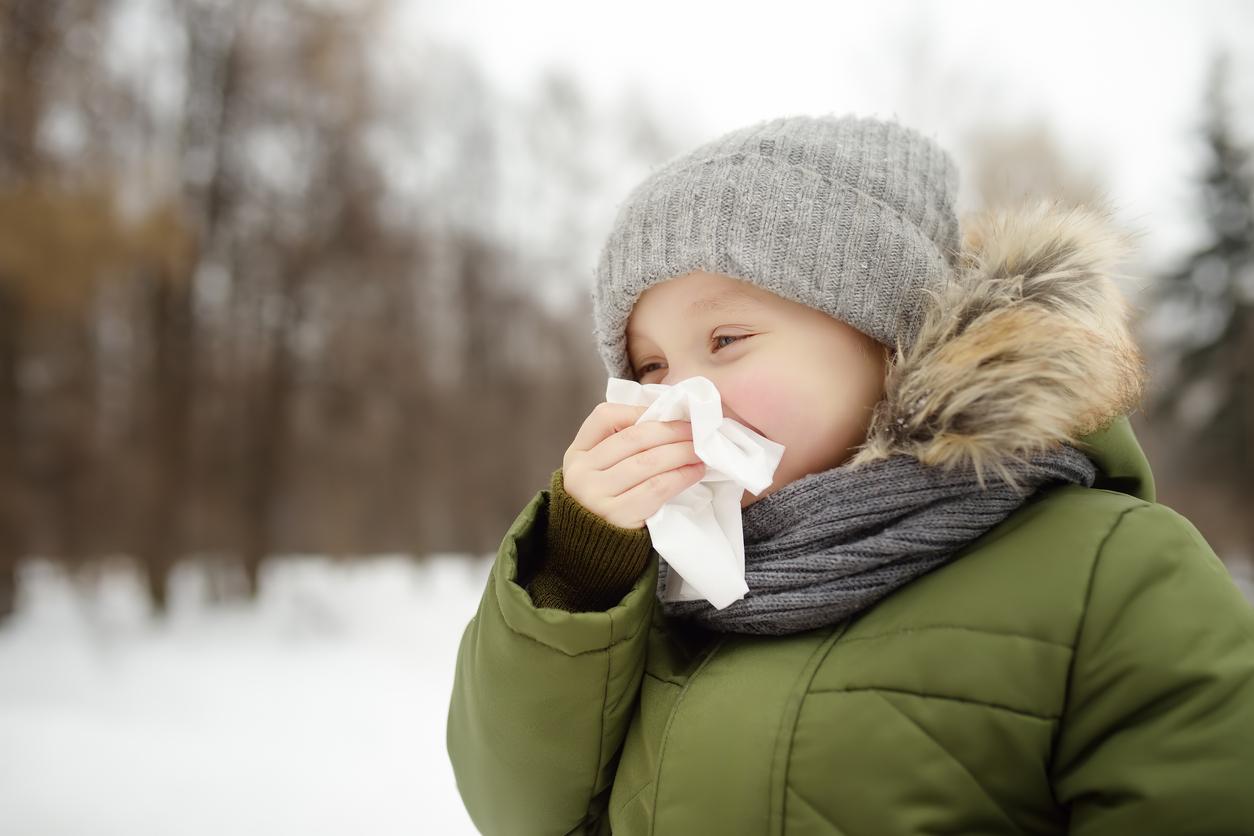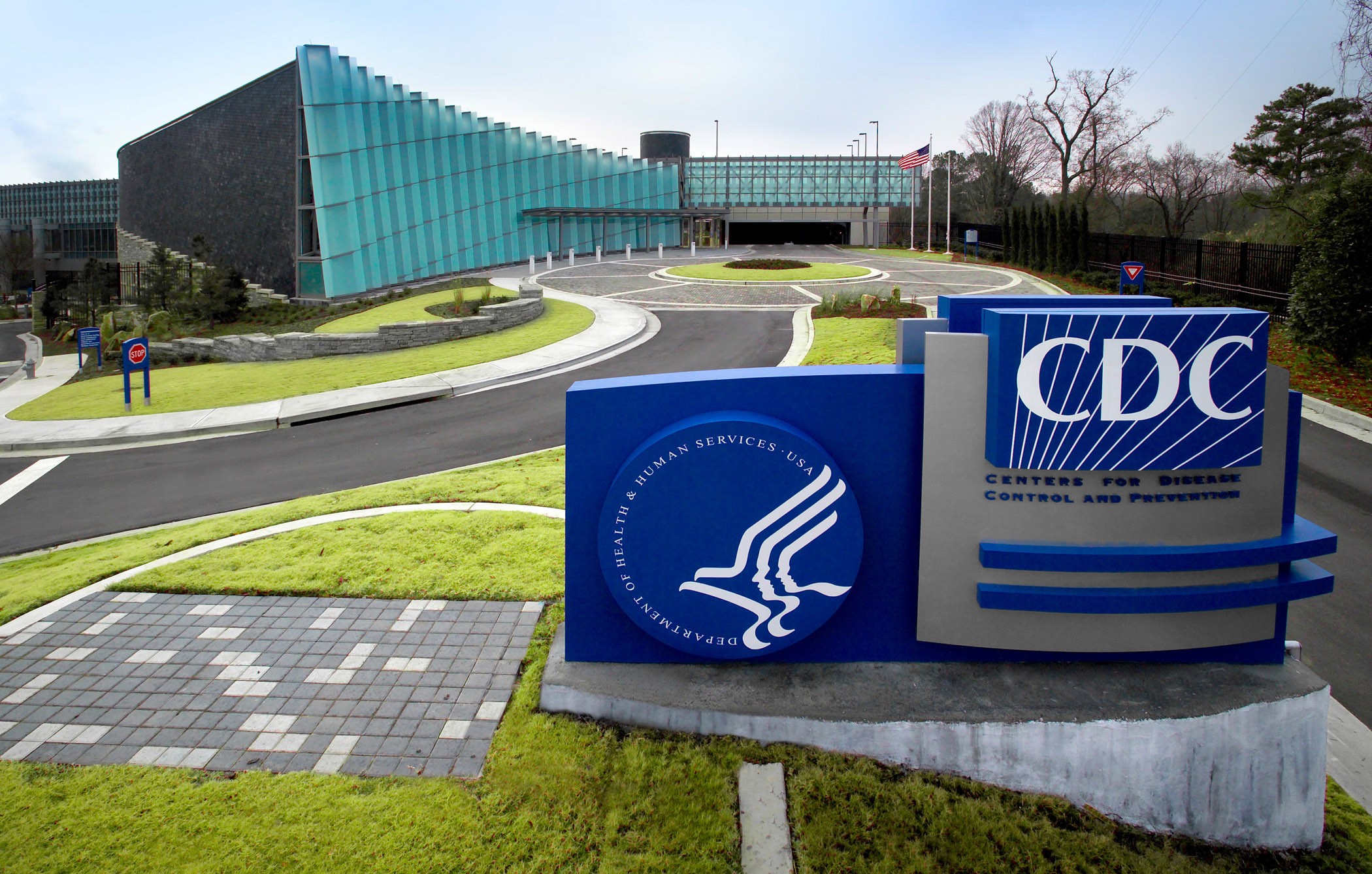US flu activity last week declined for the third week in a row, but major impacts are still being felt at hospitals and outpatient clinics, with 16 more pediatric flu deaths reported, the US Centers for Disease Control and Prevention (CDC) said today in its latest update.

With the nation still in the grips of a high-severity season for the first time since 2017-18, test positivity for flu last week was still high, at 18.9%, but shows a declining trend. Nationally, the percentage of outpatient visits for flulike illness—currently just shy of 5%—has been above the national baseline for 14 weeks in a row, and all areas of the country remain above their regional baselines.
Though the nation is in the latter part of the flu season, when influenza B activity often spikes, 96% of positive flu tests at public health labs last week were influenza A. Of subtyped influenza A viruses, 54.4% were the 2009 H1N1 strain and 45.6% were H3N2.
Hospitalizations tracked through the FluSurv-NET show that the cumulative rate last week was the highest since the 2010-11 season, and the CDC's National Healthcare Safety Network (NHSN) Hospital Respiratory Data show that more than 29,500 people were hospitalized for flu last week, showing a downward trend.
Overall deaths from flu declined, but again outpaced COVID-19 deaths. The 16 newly reported pediatric flu deaths pushed the season's total to 114. That compares with 187 deaths for all of 2022-23 and 207 last season. Of the latest deaths, 15 were linked to influenza A and 1 to influenza B. Of 9 subtyped influenza A samples, 5 were H1N1 and 4 were H3N2.
COVID wastewater detections now at low level
For COVID, test positivity remains stable, and emergency department visits and hospitalizations continue to decline, the CDC said in its weekly respiratory virus update. The percentage of deaths from COVID, at 1.1%, was similar to the previous week.
Wastewater detections of SARS-CoV-2 declined from the moderate to the low level, with the highest levels in the South.












